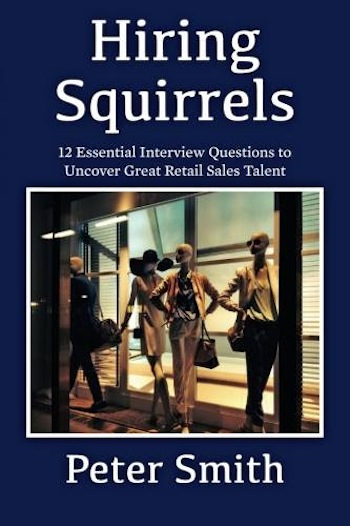Sales Strategy
When Fixing The Team Seems Overwhelming | May 26, 2015 (0 comments)

Boston, MA—I’m a Chicago Cubs fan. I admit it. My first-ever baseball game featured the Cubs against the Philadelphia Phillies, and I watched the day game at Wrigley Field in September of 1983—not long after I arrived in this country and a full five years before the Cubs installed the lights that allowed them to play night games.
Pete Rose played in that game for the Phillies, but “Charlie Hustle” meant little to me then, as I had yet to be converted to the great game of baseball and I wouldn’t have known the Phillies’ number 14 from any other player on the field. Nonetheless, the Cubs won when a former Dodger named Ron Cey smacked a long ball over the Ivy for a three-run dinger, the only runs of an otherwise uneventful game.
The passion I developed for baseball in the years after that first game at Wrigley has since given way to a sober respect, perhaps even a reverence, for an American institution that will forever hold my interest, even as the early passion has muted somewhat.
As I live in hope that the latest Cub management—“boy wonder” Theo Epstein and “crazy-uncle” Joe Maddon—can somehow find a way to bring a title to Chicago’s North side, I am inclined, as is very often the case, to think about how baseball serves as an interesting metaphor for business and for sales. Understandably, we put great stock in our sales teams as we do our sports teams and the results on the field and in the store will generally reflect the quality of the team.
Believing that your team is not going to compete is a terribly deflating feeling. Cubs’ fans, of course, don’t hold an exclusive on that emotion, but they’ve had lots of practice since the last World Series title in 1908, when they beat the Detroit Tigers for the second year in a row.
As the excitement of spring quickly gives way to mounting losses and unfulfilled promises on the mound and in the field, it is not hard to become cynical or perhaps even overwhelmed by the task of competing at a higher-level.
Unlike baseball, however, one great player can and often does make a huge difference to a sales team and can set your business on a course for greatly improved results in the near and long-term. You don’t have to look too closely to see the difference that a great hire can make on a business. The sales performance of a single individual can mask many hiring sins and can buy you the luxury of time, as you endeavor to re-shape your team.
You can have an Andre Dawson or a Greg Maddux on the Cubs and still have a losing season, but a single great hire can make the difference of hundreds of thousands of dollars or more in increased sales. If you believe that your efforts to build a great sales team have been unsuccessful, there is a real danger that you can settle for less than exceptional people, as you unconsciously concede that the task might be beyond you. Eric Herrenkohl wrote in How To Hire A-Players “You can't simply accept the hand that has been dealt to you. Just one A-player—certainly a handful of them—can transform almost any business."
I wrote in my book about a particular store that had a certain salesperson producing $300k in sales annually, while another salesperson in that same store produced $1.1m in annual sales. Both of these salespeople had the very same opportunity to sell effectively. They were both full-time, they obviously worked with the same selection of brands and inventory and they worked under the same basic compensation plan. Despite the opportunities presented to both of those salespeople, one produced an astonishing $800k more than the other. One can only imagine the impact on that business if the better of the two salespeople were to leave that company. Conversely, if that business-owner could find another superstar salesperson, think of the positive impact he or she would have on that businesses.
I bring that example up not because superstar salespeople are in abundant supply—although we would be better positioned to find them if we expanded our reach and looked at innate-talents instead of experience and industry-pedigree—but to make the point that a seemingly average sales team does not have to signal defeat.
We don’t need to fix all of the ails of a culture of hiring non-performers, who may have looked and sounded the part in the interview, only to under-perform after you hired them. Just one single hire can go a long way towards fixing the problem.
Focus on your next hire by shedding the hiring constrictions and conventions that have underserved your efforts to date. Make your next hire your best hire and your team will be one step closer to your World Series. In the meantime, I will continue to peer westward, to the shores of Lake Michigan, in the hope that the Cubs might one day win the big one.
Peter Smith, author of Hiring Squirrels: 12 Essential Interview Questions To Uncover Great Retail Sales Talent, has spent 30 years building sales teams at retail, and working with countless numbers of independent retailers as a brand-executive, to offer his counsel and advice on personnel matters. A graduate of Boston College, he has served on the Advisory Board of Caliper’s Global Conference and is a contributing panelist on the KR Executive Group’s Talent Blog. Smith has worked for Tiffany & Co., and was executive vice president of brand development for Hearts On Fire, where he authored the Menu For Success, a roadmap for retail success. Smith’s book is available in print or Kindle digital edition on Amazon.com.







